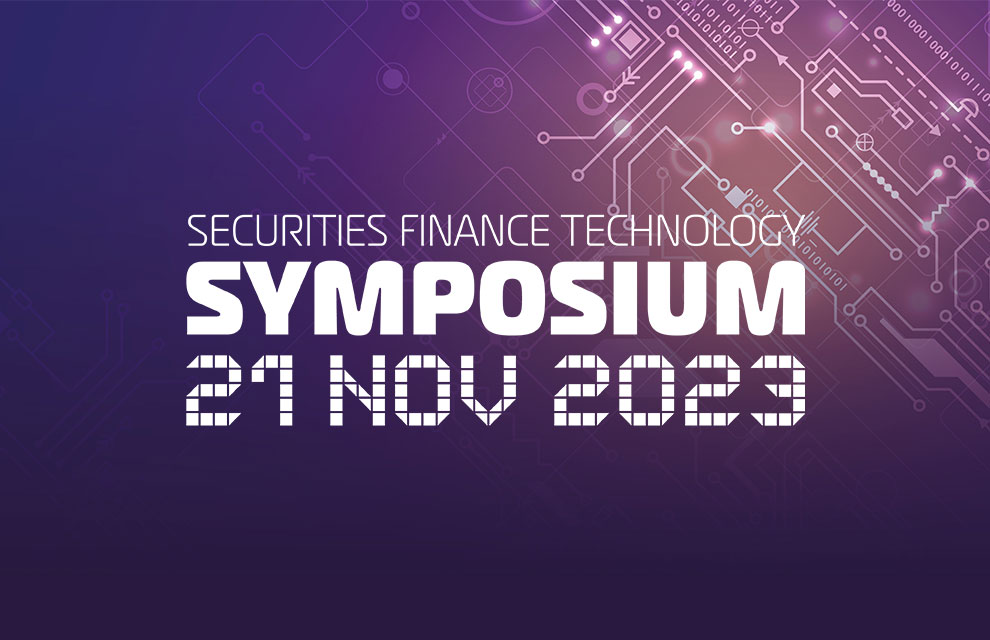The Bank for International Settlements Innovation Hub has announced a series of new projects as part of its 2022 work programme.
This outlines the first three projects for the Innovation Hub’s Eurosystem Centre, which is due to open in coming months. This will have locations in Frankfurt and Paris and will work with the European Central Bank and 19 central banks across the euro area.
The new programme also confirms the Innovation Hub’s first major explorations into cybersecurity in financial services, a project that will involve partnership with Israel’s central bank.
The BIS indicates that the collapse of a number of stablecoins and decentralised finance (DeFi) lending platforms has illustrated the problems in evaluating the potential risks and economic potential offered by this sector. A primary reason is that much data on trading volumes, market capitalisation and asset backing in this sector is self-reported by unregulated firms.
To address this constraint, the project aims to create an open-source market intelligence platform to provide greater clarity around market capitalisations, activity and risks to financial stability.
Alongside this, the BIS has raised concerns that advances in quantum computing may create vulnerabilities in the cryptography used by central banks and the private financial sector to secure payment and settlement systems. With this in mind, the BIS has announced a project within the Innovation Hub that will test potential cryptographic solutions that can withstand the processing power offered by quantum computers.
More broadly, the Innovation Hub will expand its research into green finance and regulatory technology (‘regtech’). The BIS indicates that data gaps and inconsistencies in data collection are impairing central banks’ ability to assess how climate change may impact financial stability, inflation and other responsibilities under their purview.
To tackle this challenge, a new project aims to build an open source database of corporate reports to identify sustainability-related disclosures. Machine learning and natural language processing tools will be applied to organise and structure this data.
The BIS Innovation Hub’s Hong Kong Centre will also commence development of Phase 2 of its Genesis green finance initiative, working in collaboration with the United Nations Framework Convention on Climate Change (UNFCCC) and other public and private bodies.
This will apply blockchain, smart contracts and related technology to track and deliver Mitigation Outcome Interests — de facto carbon credits recognised under national verification mechanisms that are compliant with the Paris Agreement — linked to a bond.
Additionally, the Hong Kong Centre will partner with the Bank of Israel and the Hong Kong Monetary Authority on new research programmes on central bank digital currency (CBDC) and cybersecurity.




